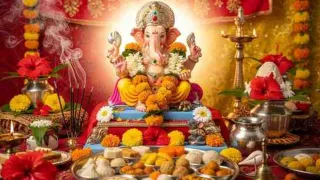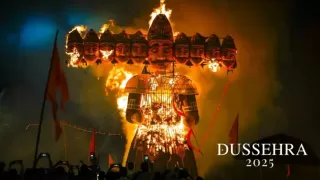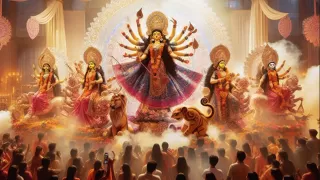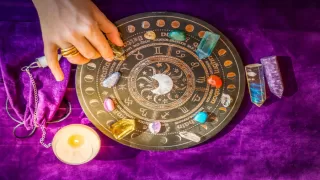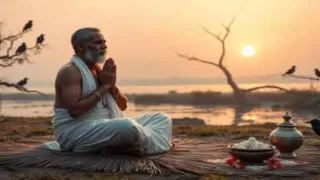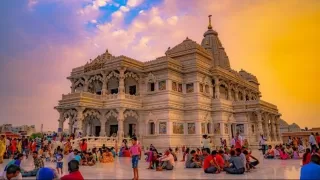Kharmas is a significant period in the Hindu calendar that holds both spiritual and astrological importance. During this time, certain auspicious activities are avoided as it is believed to be an inauspicious phase. Understanding the reasons, dates, and associated rituals of Kharmas can help individuals navigate this period mindfully.
What is Kharmas?
Kharmas, also known as Dhanu Sankranti, marks the Sun's transit into the Sagittarius (Dhanu) zodiac sign from Scorpio. This transition occurs twice a year and is part of the monthly solar movement called Surya Sankranti. According to Vedic astrology, the Sun's entry into Sagittarius increases the fire element in nature, which causes mental restlessness, rage, and uncertainty.
As a result, this period is deemed unfavourable for performing auspicious tasks. The climatic shifts and heightened fire element are said to create disturbances in energy flow, leading to disharmony in life events.
Kharmas 2024: Date and Duration
In 2024, the period of Kharmas will occur as follows:
- Start Date: December 15, 2024
- End Date: January 14, 2025
The 30-day duration is considered inauspicious for starting new ventures, performing life ceremonies, and initiating important events.
Significance of Kharmas
Kharmas holds spiritual and practical relevance in Hindu traditions. It is believed that during this phase, the cosmic energies are unsettled, and actions performed during this time may not yield the desired results. The period emphasizes introspection, spiritual purification, and seeking divine blessings.
Why is Kharmas Considered Inauspicious?
The Sun's movement through Sagittarius increases tamasik (inertia-inducing) energies. Anger, confusion, and instability dominate, making it unsuitable for ceremonies that symbolize new beginnings or growth. Performing auspicious tasks during this time can invite obstacles, delays, or unfavourable outcomes.
Things To Avoid During Kharmas
Certain key events and activities are strictly avoided during Kharmas due to their auspicious nature:
- Weddings: Marriages are not conducted as it is believed the union might face challenges.
- Engagements: Engagement ceremonies are postponed until after Kharmas ends.
- Sixteen Life Rituals (Samskaras): Important rituals like Mundan (first haircut), Upanayana (thread ceremony), and other milestones are avoided.
- Griha Pravesh (Housewarming): Moving into a new home or starting house construction is considered inauspicious.
- Starting New Ventures: Initiating new businesses, investments, or projects is discouraged.
- Buying Assets: Purchasing properties, vehicles, or expensive goods is avoided as their prosperity may be hindered.
What To Do During Kharmas?
While certain activities are prohibited, Kharmas is an ideal time for spiritual practices and charitable acts. Here are some things you should do during this period:
- Worship Lord Surya and Lord Vishnu: Chanting mantras dedicated to the Sun God and Vishnu Ji helps purify the mind and body.
- Perform Rituals and Donations: Donate food, clothes, or essential items to the needy to seek divine blessings.
- Take Holy Baths: Bathing in sacred rivers like the Ganga during this time is considered highly meritorious.
- Meditate and Reflect: Utilize this time for self-introspection, meditation, and connecting with your spiritual side.
Kharmas 2024 is not merely an inauspicious period but an opportunity to focus on spiritual growth and introspection. While auspicious tasks are postponed to ensure favourable outcomes, devotees engage in prayers, rituals, and charity to overcome negative influences and invite positivity into their lives. By understanding the significance and adhering to the guidelines of Kharmas, one can experience harmony, peace, and divine blessings.
Also Read: Karthigai Deepam 2024: Date, Time, Rituals, and Significance















